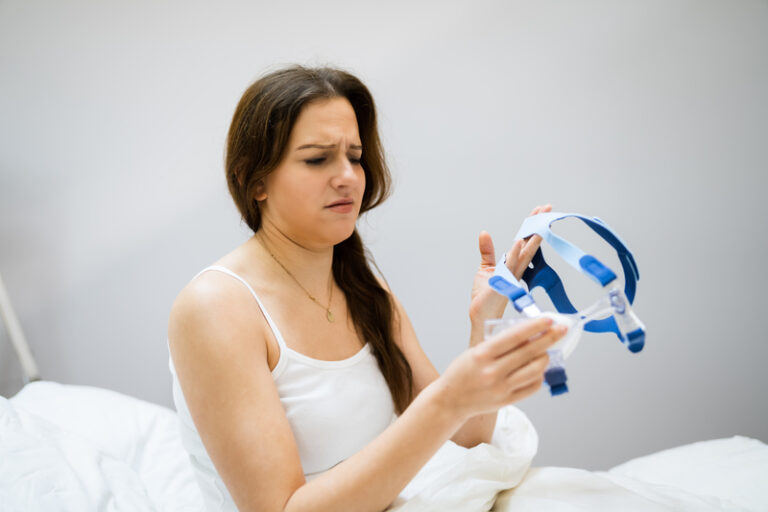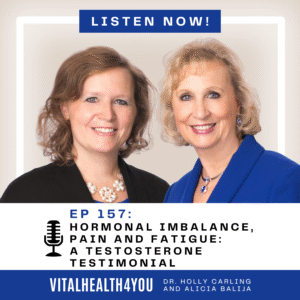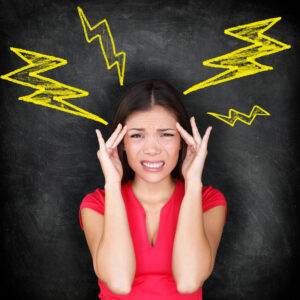Sleep Apnea affects approximately 22 million Americans, 936 million worldwide, and while it is not generally recognized as a direct cause of death, it certainly can be an indirect cause. As such, sleep apnea can be a serious medical condition. It is characterized by a person stopping breathing several or many times per night. They may or may not be aware of it. It is caused by a relaxation in the muscles of the throat, preventing the proper flow of air through the airways. When people stop breathing long enough, they will awaken suddenly, but briefly as the brain registers the lack of oxygen. Many of these people snore, but not all. Also, not all people who snore have sleep apnea.
The low blood oxygen levels and the high carbon dioxide levels in the blood stream can cause elevated blood pressure, disruptions in the electrical mechanisms in the heart and stress to the walls of the heart. According to sleepapnea.org, citing the Sleep Health Heart Study 2001 in the American Journal of Respiratory Critical Care Medicine the incidence of untreated sleep-apnea related heart disease is 2 to 3 times higher for stroke and more than 3x the risk of premature death (“18 year follow-up of the Wisconsin Sleep Cohort, 2008 Sleep). In addition, those suffering for up to 5 years have a 30% increase in risk of having a heart attack or dying (according to research conducted at Yale University).
Untreated sleep apnea may be either because they are unaware of having sleep apnea, or not treating it electively, many times because they can’t stand the mask. For those of you in the latter category, I have good news: In studies using acupuncture for the treatment of sleep apnea, they found the acupuncture was as good as, and in some studies, better than, a CPAP.
There are more than 11,000 articles in PubMed, many published in mainstream medical journals, related to acupuncture and sleep apnea. I was stunned to read that!
In a PubMed review Biomed Res Int. 2020; Acupuncture for Obstructive Sleep Apnea (OSA) in Adults: A Systematic Review and Meta-Analysis by Wang, Xu, Zhan and Pei, they found that both traditional acupuncture and electroacupuncture were equally effective in the treatment of mild to severe sleep apnea, being on par, or slightly better than nCPAP. It works by improving all indices of AHI (Apnea Hypopnea Index) – apnea index, hypopnea index and the SaO2 levels in the blood. These are measurements commonly used in assessing apnea in an individual.
How do you know if you have apnea? First, there are two types of sleep apnea: Obstructive and central. Symptoms of Obstructive Sleep Apnea is loud snoring with choking or gasping sounds made, dry mouth or headaches upon awaking, daytime excess sleepiness, restless sleep, frequent urination at night, decreased attention span, mood swings. Symptoms of Central Sleep apnea include shortness of breath, light breathing, chest pain at night, difficulty staying asleep, and also reduced concentration, morning headaches and excess daytime sleepiness.
If you think you have apnea, get it checked out. There are even home tests you can do. Because of the significant increase in cardiovascular risks and the other risks relative to inadequate sleep, be sure to take action, and remember, while it isn’t wise to just stop using a CPAP, there are other alternatives that can get you safely to your health goals.
©2022 Holly A. Carling, O.M.D., L.Ac., Ph.D.







